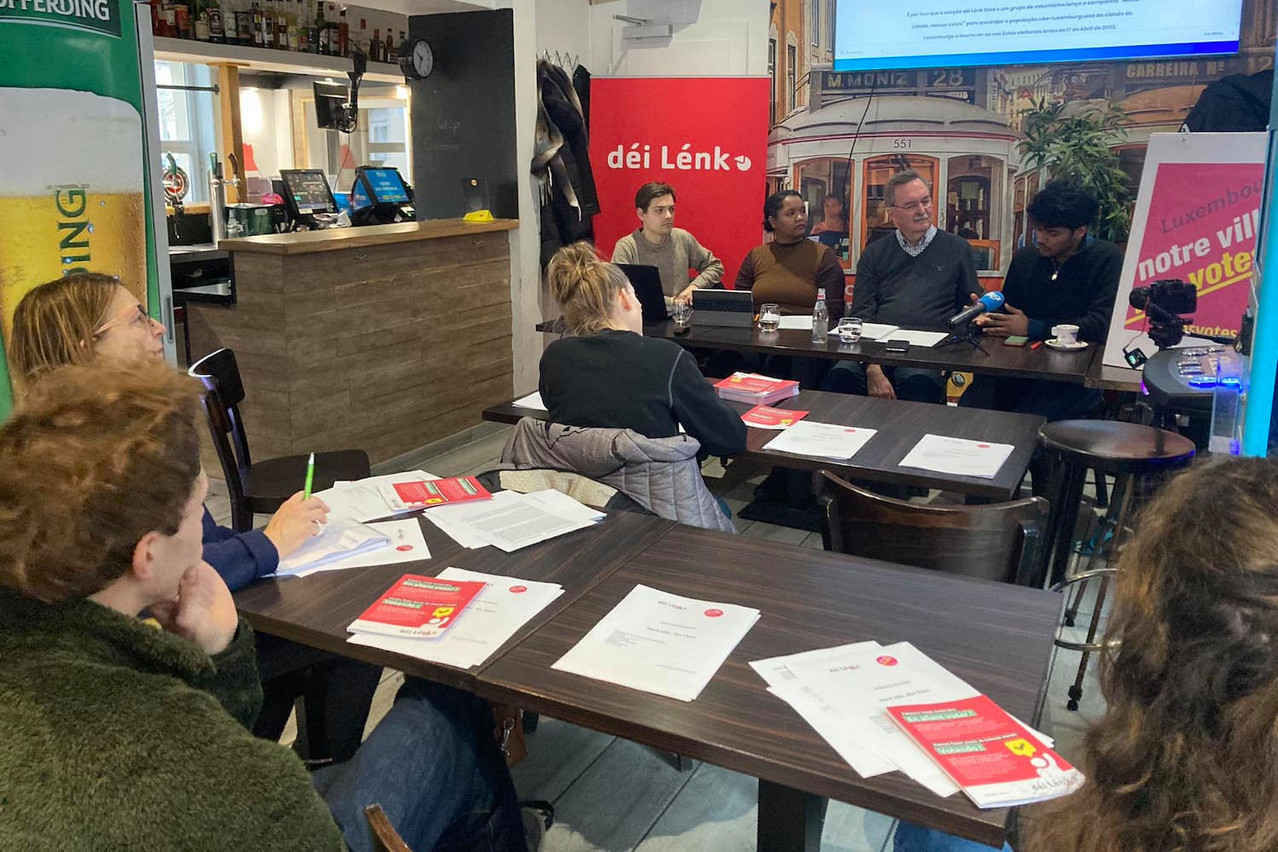Parliament last year abolished a five-year residency requirement for foreigners to vote in communal elections, which are open to EU and non-EU nationals alike.
“If only a minority of those who live in the city goes to vote, you have to wonder whom does the communal council still represent,” asked Guy Foetz, who sits on the capital’s council for the left-wing party. In the last local elections, only around 14% of eligible non-nationals registered to vote, with fewer than 35,000 people casting their ballot in total out of 114,000 residents at the time.
While most parties have presented their candidates for the post of mayor in the capital, campaigning is in the early stages for the election on 11 June. The deadline for non-nationals to register to vote is 17 April. Parties in Monday are expected to sign a fair election agreement.
The government together with communes plans a national voter registration day on 18 March, and non-nationals can already sign up online via or at their local town hall.
The integration ministry organises the I can vote campaign, with municipalities and political parties also running different efforts to sign people up.
More than 70% of Luxembourg’s nearly 133,000 residents are foreigners.
Grassroots campaign
“It’s not enough to have candidates,” said Ana Correia Da Veiga, who also sits on the communal council, adding that it is also up to parties to make sure people sign up. The party’s aim, she said, is to “change the status quo.” Déi Lénk see poorer groups and immigrants underrepresented and underserved by the city.
But the “Notre ville, nos votes” (Our city, our votes) campaign isn’t about collecting votes to the party, a spokesperson said.
Déi Lénk is going door-to-door in different districts of Luxembourg City, such as the Gare and Bonnevoie, to help get voters signed up. The grassroots campaign hopes for a snowball effect among the international community. A bigger event is planned for 12 February.
Asseem Rajan Kshirsagar, a post-doc researcher at the University of Luxembourg said the campaign hopes to “work towards a better democracy,” with foreigners also concerned by issues such as housing and transport.
Luxembourg’s local and immigrant communities live in “social and political bubbles,” he said. “These bubbles also manifest themselves in terms of political awareness.” Kshirsagar said the election is the perfect opportunity to burst the bubbles and “interact on a new social and political plane.”
